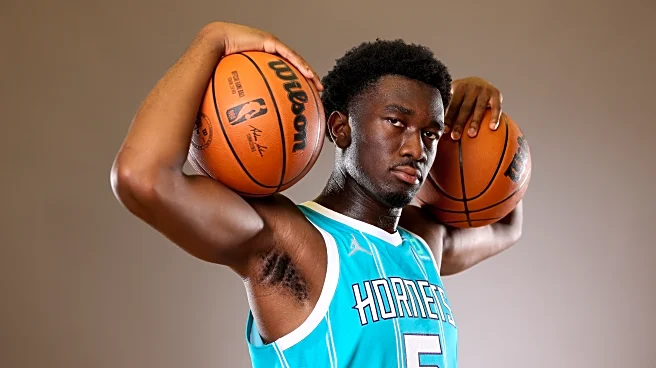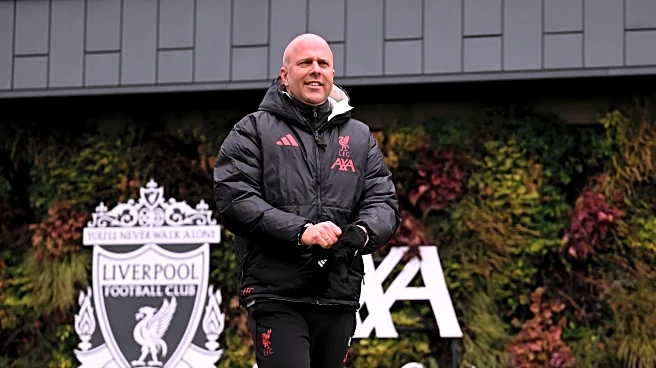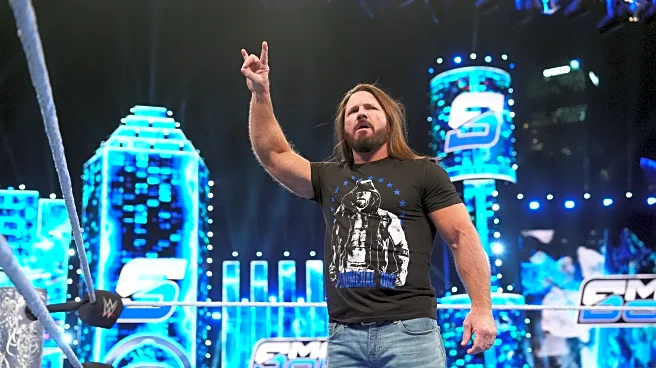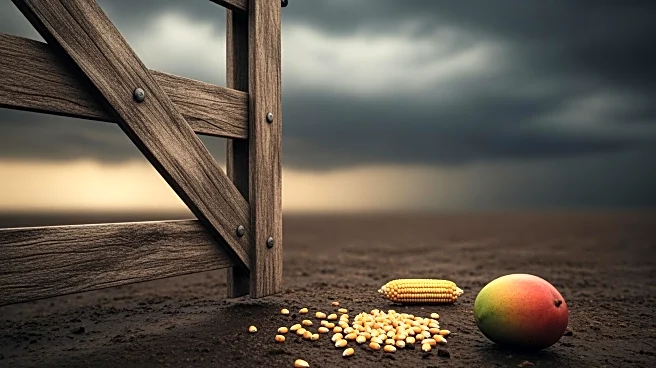Phoenix basketball fans are used to looking for silver linings. Over the years, hope has often come in unlikely shapes: the rise of Cam Johnson and Mikal Bridges as The Twins, the joyful surprise of Bismack Biyombo jogging onto the court in what felt like street clothes and suddenly becoming a fan favorite through grit and heart. There’s always been something precious about a home-grown story that blossoms before our eyes. What if a starting caliber center with everything to prove and the opportunity
to do so, is actually the Phoenix Suns 2nd-best player?
Enter Mark Williams.

At 23 years old, Williams brings more than just size and potential—he brings elite efficiency.
Last season, he posted a Player Efficiency Rating (PER) of 23.9, a mark that places him firmly in All-Star territory among centers. For context, the league average PER hovers around 15; anything above 20 is considered exceptional. Pair that with a field goal percentage of 60.4% and a free throw percentage of 80.4%, and you have a player who converts opportunities at a rate that few in the league can match.
His rebounding profile is equally impressive. Williams averaged 10.2 rebounds per game in just 26.6 minutes, placing him in the 95th percentile on the glass—you’re looking at someone capable of anchoring the paint and finishing possessions at both ends of the floor. Add in his ability to finish lobs and create second-chance points, and the Suns suddenly have a center who can tilt matchups without demanding plays drawn up for him.
Yes, the injury history is real—35 games per season played so far isn’t enough. Not even for my rose-colored glasses.
But what if this season, with a starting spot open and the backing of a contender, he plays 65 or more? What if the defensive consistency catches up with his physical tools and the effort holds?
In that scenario, it’s not outlandish to argue that Williams could emerge as the Suns’ second-best player, a stabilizing presence on a roster full of questions and opportunity. The Suns have a walking double-double as their starting center (again…?), and there’s no one ready to compete with him in the front court.
Critics aren’t wrong: Williams’ defensive box plus/minus fell off a cliff, landing in the 7th percentile last season. He’s struggled with switches, effort, and recognition. But Charlotte wasn’t exactly the best lab for development. With Jordan Ott now in charge and assistants like Chaisson Allen and DeMarre Carroll drilling scheme discipline, there’s reason enough to think his defense can sharpen. With his length, instincts, and a clear role, Williams is knocking on the door of being the Suns’ 2nd best player in 2025/26.
The “What If” That Changes Everything
Every Suns season carries its what-ifs. What if Booker stays healthy? What if Jalen Green truly makes the leap? What if Ryan Dunn proves to be a rookie defensive gem?
Here’s the one with the most weight to me: What if Mark Williams stays healthy enough to start 70 games?
If that happens, the argument is simple. His ceiling is higher than Jalen Green, Ryan Dunn, or even the promise of Maluach. His efficiency is rarer. His role is clearer.
Phoenix wants to prove it can be greater than the sum of its parts. Williams wants to prove he’s more than the sum of missed games. That convergence might be the formula that elevates him into the Suns’ second-best player, the one hiding in plain sight—the one draped in silver (and orange and purple) linings.
















